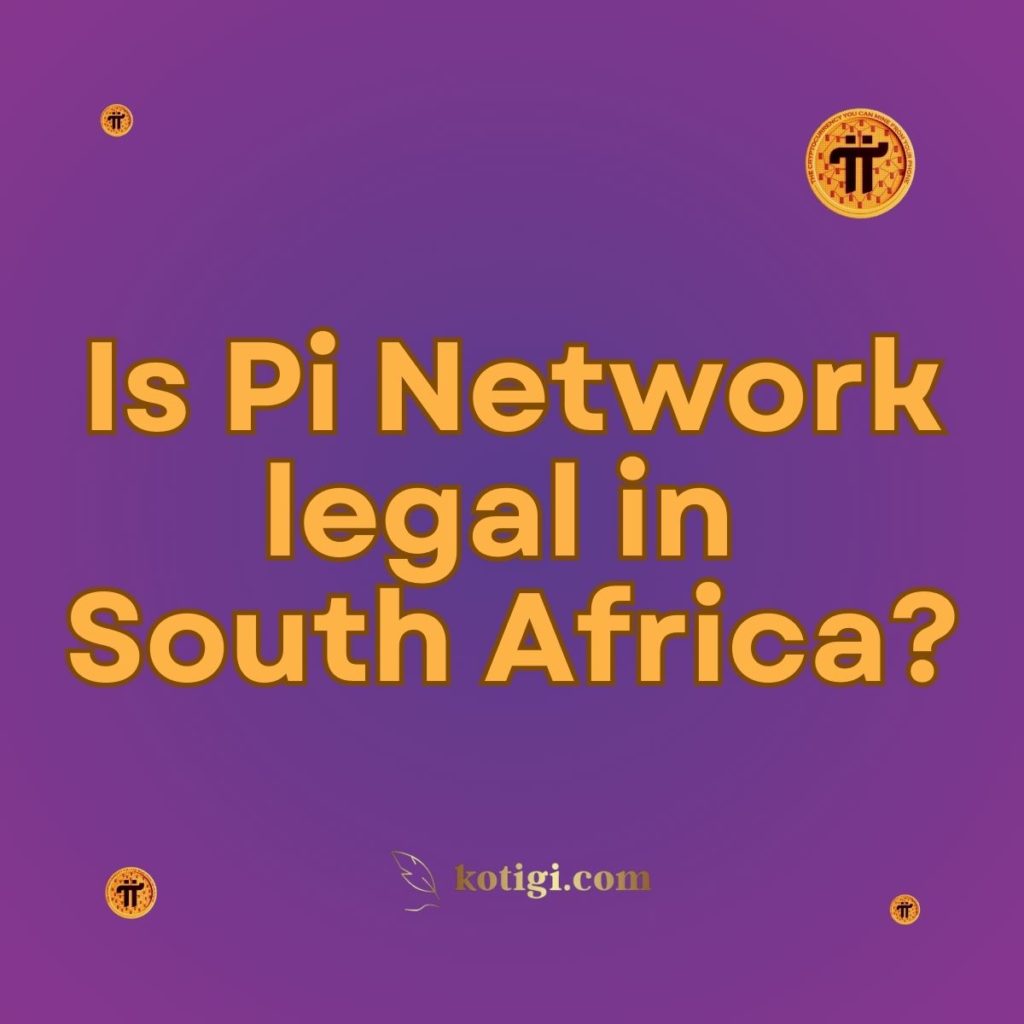
Is Pi Network legal in South Africa?
The legal status of Pi Network in South Africa is currently in a gray area, as the country has not issued specific regulations or guidelines regarding this particular cryptocurrency. However, the broader regulatory landscape for digital currencies in South Africa provides valuable insights into how Pi Network may be viewed in the future.
Cryptocurrency Regulations in South Africa
South Africa has been relatively open to the use of cryptocurrencies, but it operates under a cautious and regulated environment. The country’s main regulatory body, the South African Reserve Bank (SARB), along with the Financial Sector Conduct Authority (FSCA), has made it clear that cryptocurrencies like Bitcoin and Ethereum are not recognized as legal tender. However, they are legal to use, trade, and hold as assets.
The FSCA has also issued warnings to the public about the potential risks associated with unregulated cryptocurrencies, including fraud and market volatility. In 2022, South Africa introduced new regulations to treat cryptocurrencies as financial products, requiring exchanges and service providers to register and comply with Know Your Customer (KYC) and Anti-Money Laundering (AML) procedures. This marks a significant step toward regulating the cryptocurrency space in the country.
Where Pi Network Stands in South Africa
Pi Network is still in its development phase and has not yet launched on its mainnet, meaning its Pi coins are not yet tradable or recognized as having any real monetary value. Given that Pi is still in its early stages, it does not fall under South Africa’s current cryptocurrency trading regulations, which focus primarily on established and tradeable digital assets like Bitcoin.
As of now, South African authorities have not issued any specific statements or legal frameworks addressing Pi Network. This means that users in South Africa can participate in Pi Network’s mobile mining without facing legal obstacles. Since Pi is not being traded or exchanged for value, it is seen more as a social experiment or early-stage project rather than a full-fledged cryptocurrency.
Potential Future Legal Considerations
Once Pi Network launches its mainnet and the Pi coins become tradable on exchanges, it is likely that Pi will be subject to South Africa’s cryptocurrency regulations. This would mean that Pi coins would be classified as financial products, requiring compliance with local laws, including KYC, AML, and consumer protection standards.
South Africa’s regulatory framework is designed to protect users and prevent illegal activities. Pi Network would likely need to register and comply with these laws, just like other established cryptocurrencies, once it transitions into a tradable asset.
No Official Ban on Pi Network
There is no official ban on Pi Network in South Africa. The platform operates in a legal gray area because it is still in development and its coins are not tradable yet. South African users are free to mine Pi on the platform without legal repercussions.
Conclusion
Pi Network is currently legal in South Africa, and there are no specific restrictions on its use. Since the platform is still in its testing phase and not yet fully operational, it does not fall under South Africa’s existing cryptocurrency regulations. However, once Pi coins become tradable, Pi Network will likely need to comply with South Africa’s cryptocurrency laws, including registration and adherence to KYC and AML procedures. For now, South Africans can participate in Pi Network without concerns about its legality, but it is important to monitor any future changes in the country’s regulatory environment that may affect Pi Network once it fully launches.




